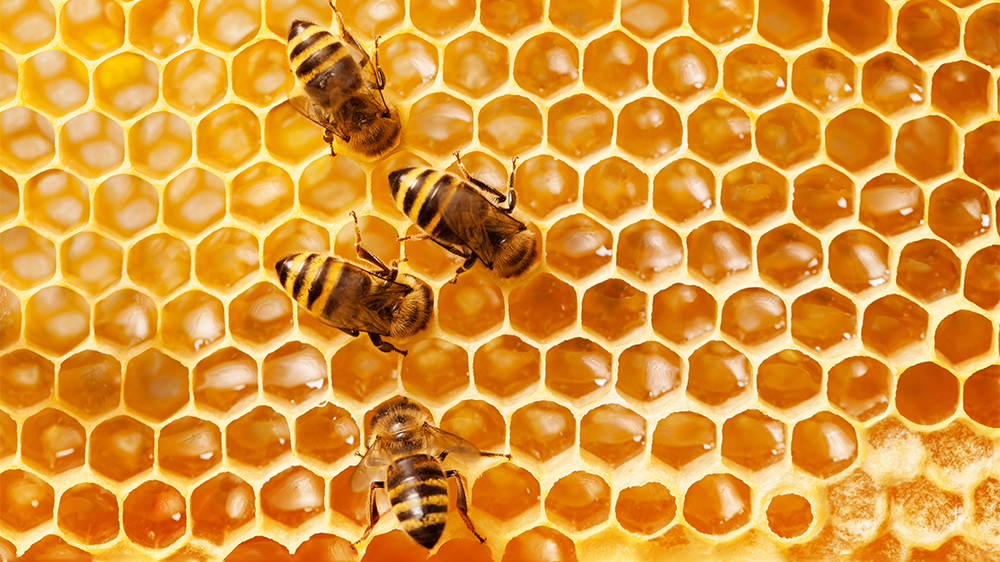High-tech to combat bee mortality
By Markus Kessler
For years, life as a bee has no longer been a honey pot, because environmental toxins, climate change, monocultures, and pests are putting pressure on the colonies of the social insects. A whole series of start-ups have set themselves the goal of making the lives of honey collectors and their keepers easier through the use of sensors and online platforms.
The industriousness of bees is legendary, but the work output of a single colony is nevertheless impressive. A hive can pollinate up to 300 million flowers per day. And because bees are involved in the pollination of many plant species, they are also irreplaceable in agriculture. Without bees, the industrial cultivation of many crops, from potatoes to tomatoes to coffee, would be inconceivable. Between 235 and 577 billion US dollars annually is said to be the value of foodstuffs that are directly dependent on pollination by bees.
Against this background, it is hardly surprising that many start-ups have also taken up the topic in recent years. Already in 2018, the start-up “Macedonian Honey” was able to secure the prize in the “Climate” category at the StartUp Europe Awards. The goal of Macedonian Honey is to prevent the collapse of bee populations with hives specially adapted to the needs of bees, which are placed in remote areas of northern Macedonia. The hives allow the bees to regulate their temperature more effectively, which helps them fight the harmful Varroa mites.
Baby monitor and hive heating
The StartUp BeeAndMe aims to provide beekeepers with better data. To this end, hives are equipped with sensors that can record temperature, humidity, weight, and vibrations and transmit them via mobile phone networks. In this way, beekeepers always know exactly how their colonies are doing and when a control visit seems appropriate. If the vibrations detect unusual activity in the hive, a warning can be sent automatically.
The young entrepreneurs of Vatorex have come up with an innovative measure against the infestation of bee colonies by varroa mites. Usually, the pests are combated by chemical means. However, this exposes the bees to unnecessary stress. Vatorex takes advantage of the fact that Varroa mite populations are very sensitive to higher temperatures. The start-up has developed a heating component that is integrated directly into the combs of a hive. Heating takes place at regular intervals and allows for ecological control of the varroa mite.
Bees for rent
The online platform BeeSharing aims to facilitate the use of bees in agriculture. The start-up mediates between beekeepers and farmers and provides transport options for beehives. In this way, the bees come to the fields exactly when the food crops are in bloom and thus ensure pollination. The platform also helps to determine the need for bees according to the area under cultivation. Farmers can enter their acreage and calculate how many bees they need and how much extra yield they can expect if they use bees in the field.
There are also several other interesting bee start-ups in Europe. At the Free University of Berlin, for example, they are working on a robot bee that can communicate with real bees by dancing and thus explain to a colony the way to certain fields.
Share post:




